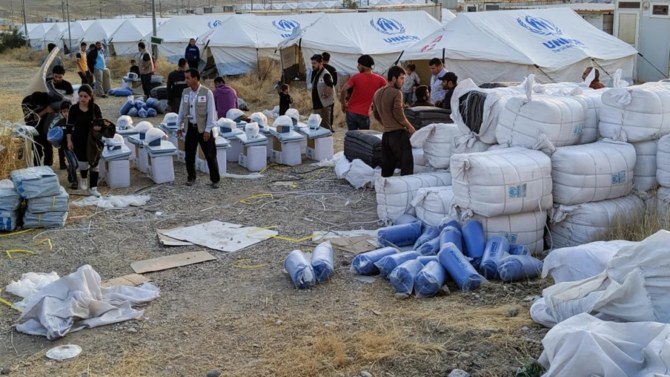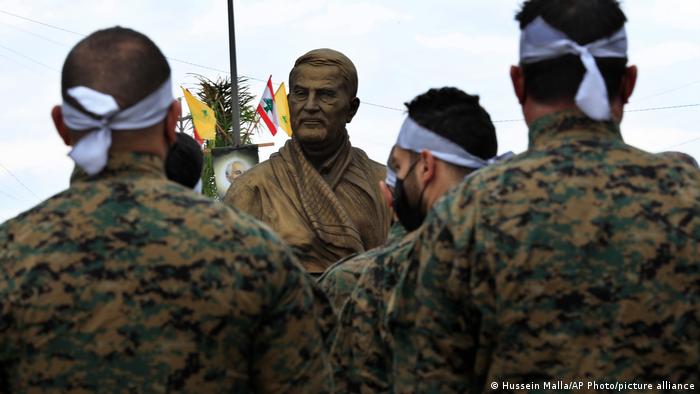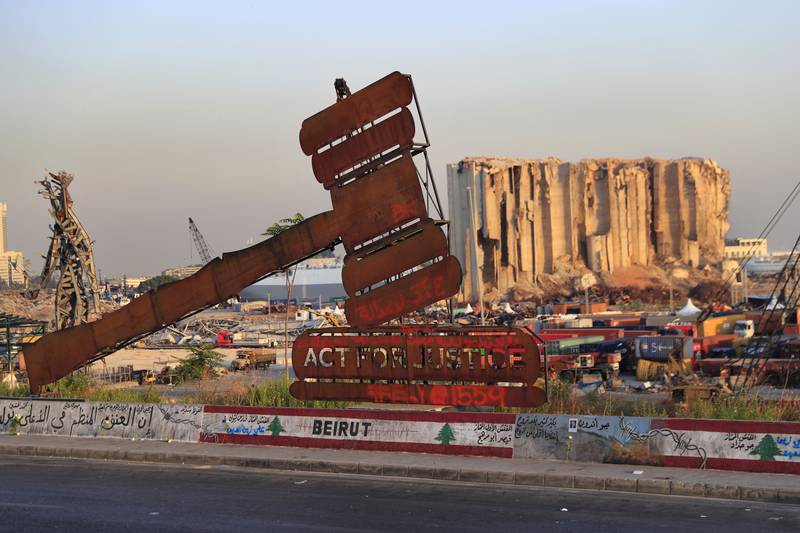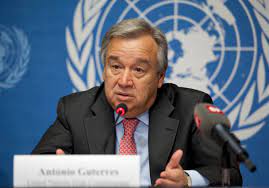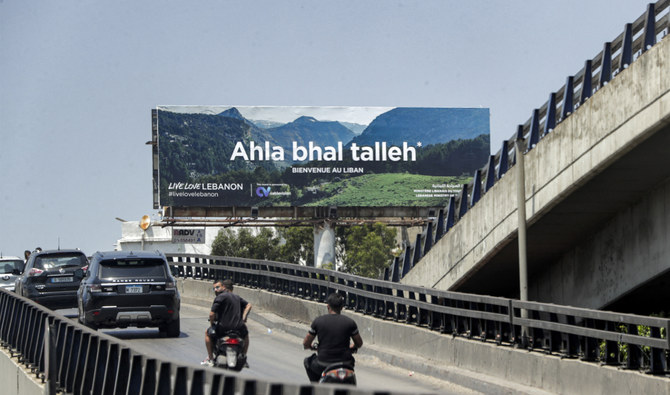
By Najia Houssari — arabnews.com — BEIRUT: Saudi Arabia’s decision to drop COVID-19 restrictions for passengers traveling from Lebanon will provide great momentum for air traffic between Beirut, Riyadh, and Jeddah, an industry leader said on Friday. Jean Abboud, head of the Syndicate of Tourism and Travel Agencies, told Arab News that airlines had started programming their flights to Riyadh and Jeddah from Beirut. Most people were relieved by the move, he added. Saudi Arabia’s ambassador to Lebanon, Walid Al-Bukhari, tweeted on Thursday evening about the decision, as the Kingdom lifts precautionary measures during the Hajj season.
Lebanon’s caretaker Tourism Minister Walid Nassar thanked the Saudi leadership for allowing people to fly directly from Lebanon without the need to spend 14 days outside the country before entering Saudi Arabia. Nassar added that the Kingdom had always stood by Lebanon and the Lebanese, taking decisions that were “in the interest of our country.” Abboud said that previous measures had prevented about 60 percent of Lebanese people living and working in Saudi Arabia from returning directly from Beirut. “So they became more reluctant to fly out to Lebanon.
The Lebanese community in the Kingdom is quite large, and the Lebanese used to fly to Beirut very frequently, sometimes every weekend. However, the condition requiring them to stay 14 days in another country before returning to Saudi Arabia became a major waste of time and money. “Airlines are adjusting their flights to the Kingdom in light of the decision, especially since large numbers of Lebanese are currently spending their summer vacation in Lebanon and wish to return via a direct flight to Saudi Arabia.” MP Bilal Al-Hashimi thanked Saudi Arabia for its decision. He said: “We are happy to return to the Kingdom of goodness, humanity, love, and giving, which has always been an example for Arab brotherhood. We all yearn for more such decisions that we are accustomed to from the Kingdom that has never left Lebanon. Rather, it has always provided support and aid, and it will always do so, especially in these virtuous days.”


